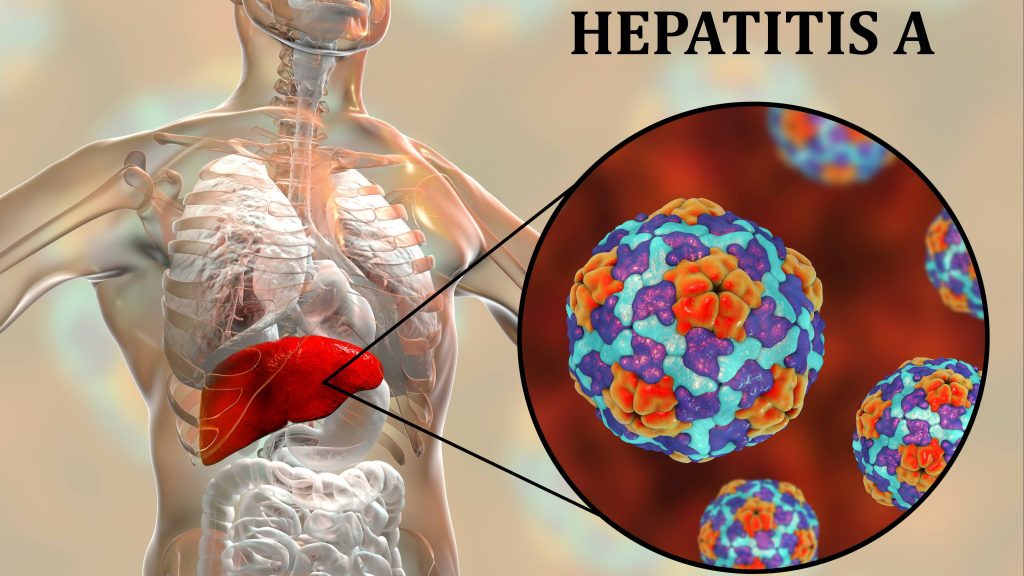-
Featured News
Infectious Diseases A–Z: What you should know about hepatitis A

There is a widespread outbreak of hepatitis A in communities across the U.S. "Hepatitis A is a highly contagious virus that can cause infection and inflammation in the liver," says Dr. Stacey Rizza, an infectious diseases specialist at Mayo Clinic. "It's transmitted through food, water, and through an oral-fecal route."
Anyone who has not been vaccinated is at risk of infection. Those at an increased risk of infection include people experiencing homelessness, men who have sex with men, and those who use drugs.
Watch: Dr. Stacey Rizza discusses hepatitis A.
Journalists: Broadcast-quality sound bites with Dr. Stacey Rizza are in the downloads at the end of the post. Please "Courtesy: Mayo Clinic News Network."
"Hepatitis A is a self-limited infection in contrast to some other viral hepatitis," says Dr. Rizza. "You can get very sick but eventually clear the infection without treatment because, unfortunately, there is no treatment for hepatitis A."
While there is no treatment, the virus can be prevented with a highly effective vaccine. The vaccine is typically given in two shots. The first one is followed by a booster shot six months later.
Vaccination is recommended for the following people:
- All children at age 1, or older children who didn't receive the childhood vaccine
- Anyone age 1 year or older who is experiencing homelessness
- Infants ages 6 to 11 months traveling internationally
- Family and caregivers of adoptees from countries where hepatitis A is common
- People in direct contact with others who have hepatitis A
- Laboratory workers who may come into contact with hepatitis A
- Men who have sex with men
- People who work or travel in parts of the world where hepatitis A is common
- People who use any type of illicit drugs, not just injected ones
- People with clotting-factor disorders
Symptoms of infection in adults range from severe to none, and if they present, they may come on suddenly. It may take two weeks or longer to show symptoms after coming into contact with the virus. Children generally do not have symptoms.
Symptoms and complications from hepatitis A:
- Fatigue
- Sudden nausea and vomiting
- Abdominal pain or discomfort
- Clay-colored bowel movements
- Loss of appetite
- Low-grade fever
- Dark urine
- Joint pain
- Yellowing of the skin and the whites of your eyes
- Intense itching
"In very rare cases, hepatitis A can kill you. You can actually go into fulminant liver failure, and if you don't recover from the liver failure, you could die. That is a minority of the cases. Usually, people become very sick, can be very symptomatic, but eventually clear the infection themselves," says Dr. Rizza.
Related posts:
- Mayo Clinic Minute: Hepatitis A in the US
- Infectious Diseases A-Z: Increasing hepatitis infections
- Mayo Clinic Minute: ABCs of hepatitis







